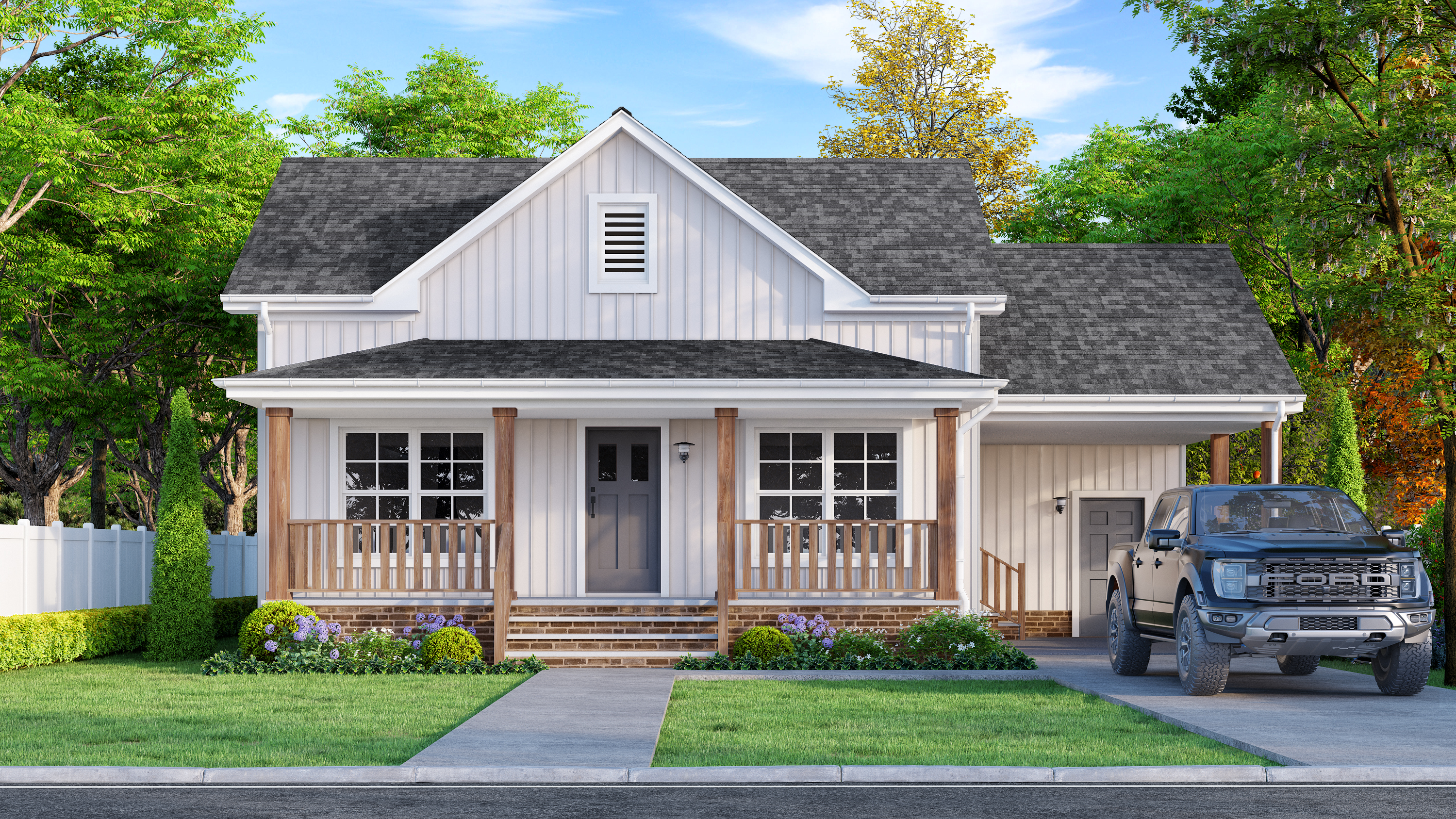When it comes to flooring, two popular options stand out for homeowners: Luxury Vinyl Plank (LVP) and hardwood. Both are excellent choices, offering unique advantages and drawbacks depending on your priorities—whether it’s cost, durability, aesthetics, or maintenance. Understanding the differences between LVP and hardwood is essential to making the right choice for your home or business.
Here’s a breakdown of the benefits of each and who they are best suited for.
Luxury Vinyl Plank (LVP)
What Is LVP?
Luxury Vinyl Plank is a synthetic flooring product designed to mimic the look of hardwood but with added durability and water resistance. It consists of several layers, including a wear layer, a printed image layer (which gives the wood-like appearance), and a core layer for stability.
Benefits of LVP:
- Cost-Effective
LVP is generally much more affordable than hardwood. If you’re on a budget but still want the look of wood flooring, LVP provides a high-quality alternative at a fraction of the cost. - Water-Resistant
One of the most significant advantages of LVP is its water resistance. It’s ideal for areas prone to moisture, like kitchens, bathrooms, and basements. Spills and damp conditions won’t damage LVP as they would hardwood. - Durability
LVP is highly durable and resistant to scratches, dents, and wear, making it a great option for high-traffic areas or homes with pets and children. It can last for many years with minimal upkeep. - Easy Maintenance
Unlike hardwood, LVP doesn’t require refinishing or special cleaning products. A simple mop and broom can keep it looking good. It’s also resistant to stains and doesn’t need waxing or polishing. - Easy Installation
Many LVP products feature click-and-lock technology, making them easier to install for DIYers. In most cases, LVP can be installed over existing flooring without the need for adhesives or nails.
Who Should Choose LVP?
LVP is a fantastic choice for budget-conscious homeowners or those with busy households. It’s ideal for families with kids or pets, thanks to its durability and ease of maintenance. It’s also perfect for areas prone to moisture, like bathrooms, kitchens, or basements. If you love the look of hardwood but need a cost-effective, low-maintenance solution, LVP is the way to go.
Hardwood
What Is Hardwood?
Hardwood flooring is made from solid wood, typically sourced from trees like oak, maple, cherry, and walnut. It has been a traditional favorite for centuries, offering timeless beauty and adding value to homes.
Benefits of Hardwood:
- Timeless Beauty
Nothing beats the authentic, natural look of hardwood. Each plank is unique, with natural grain patterns that add character and warmth to a space. Over time, hardwood develops a rich patina that increases its appeal. - Increased Home Value
Hardwood floors are a significant selling point and can increase your home’s resale value. Potential buyers often view hardwood as a premium material, making your property stand out in the real estate market. - Longevity
While hardwood can be more expensive upfront, it is a long-term investment. Hardwood floors can last for decades, even over a century, with proper care and maintenance. They can also be refinished multiple times, extending their lifespan and keeping them looking fresh. - Eco-Friendly
Hardwood is a natural, renewable resource. Responsible sourcing and forest management practices make it an environmentally friendly choice for homeowners looking to reduce their carbon footprint. - Refinishing Options
Unlike LVP, hardwood can be sanded down and refinished to remove scratches, dents, and signs of wear. This is a significant benefit for those who want to refresh their floors without fully replacing them.
Who Should Choose Hardwood?
Hardwood is best for homeowners who prioritize authenticity and long-term value. If you’re willing to invest in proper maintenance and want to enhance the value of your home, hardwood is a great option. It’s ideal for formal living spaces, bedrooms, and areas where water exposure is minimal. Those who value sustainability and natural materials will also appreciate the eco-friendly benefits of hardwood.
Which Product Is Best for You?
- LVP: Best for those seeking affordability, water resistance, and low maintenance. Ideal for high-traffic areas, homes with pets, or areas prone to moisture.
- Hardwood: Best for those who want an authentic, timeless aesthetic and are willing to invest in long-term maintenance. Perfect for boosting home value and adding a natural, luxurious touch.
In conclusion, LVP and hardwood have their merits, but the right choice comes down to your specific needs. Whether it’s the durability and practicality of LVP or the elegance and value of hardwood, understanding the key differences will help you choose the flooring that suits your lifestyle best.


